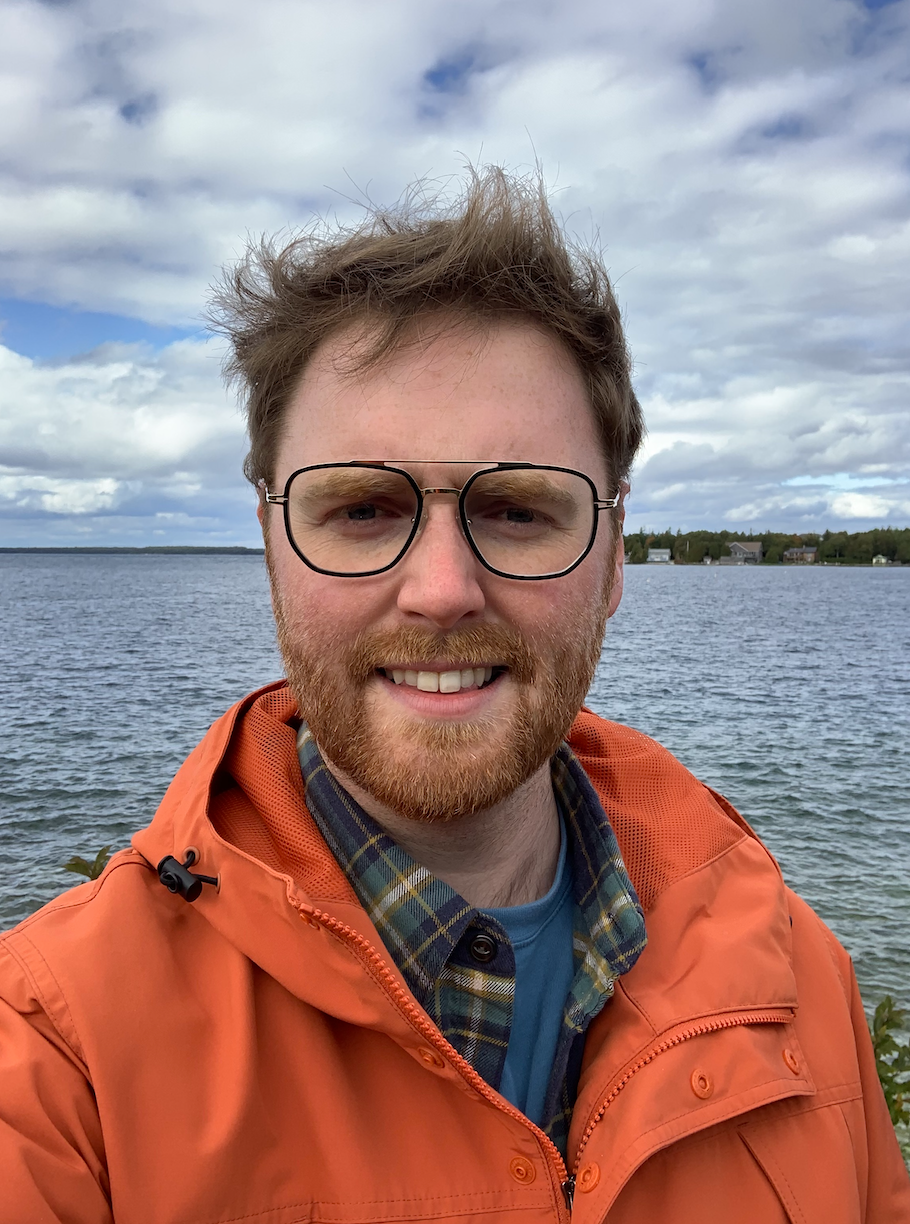The Association of Commonwealth Universities has announced the new Commonwealth Futures Climate Research Cohort. This cohort includes 26 researchers who will be working to accelerate climate action in the lead-up to the 26th United Nations Climate Change Conference (COP26).
IC3 is pleased to highlight Scott J. Davidson, a postdoctoral fellow at the University of Waterloo, who has been selected as a rising-star researcher of the Commonwealth Futures Climate Research Cohort. Scott is a postdoc in the Department of Geography and Environmental Management in the Faculty of Environment. He works with IC3 member and Professor Maria Strack as part of the Wetland Soils & Greenhouse Gas Exchange Lab.
Details on the Commonwealth Futures Climate Research Cohort:
Throughout 2021, this unique and diverse cohort will build international collaborations and work with experts to influence issues related to climate and environment in their communities and beyond.
The cohort convenes researchers with expertise in a range of disciplines, and who have a deep understanding of communities disproportionately impacted by climate change. Reflecting the diversity of the Commonwealth, members of cohort are based at 25 ACU member universities from 16 countries.
Throughout 2021, the 26 researchers will attend a series of expert-led workshops and design and deliver peer-led research-to-action projects. They will be mentored by senior academics and experts in the sector, and to further their engagement with global climate stakeholders, they will be travelling to Glasgow in November to attend the landmark COP26 conference.

Dr. Scott J. Davidson, University of Waterloo, Canada
Scott's research investigates the resilience of peatland ecosystems to both climate change and disturbance regimes, as well as the roles these ecosystems can play as natural climate solutions.
Scott uses a multi-scale approach, combining both field research and laboratory analysis with remote sensing and modelling approaches to better constrain spatio-temporal dynamics of peatland ecosystems. With his work, Scott aims to contribute to a better understanding of the complex feedbacks between ecosystem resilience and disturbance regimes under a rapidly changing climate.
He is also passionate about creating inclusive and diverse research spaces. Outside of work, Scott is an avid supporter of independent cinema and enjoys watching a variety of films.